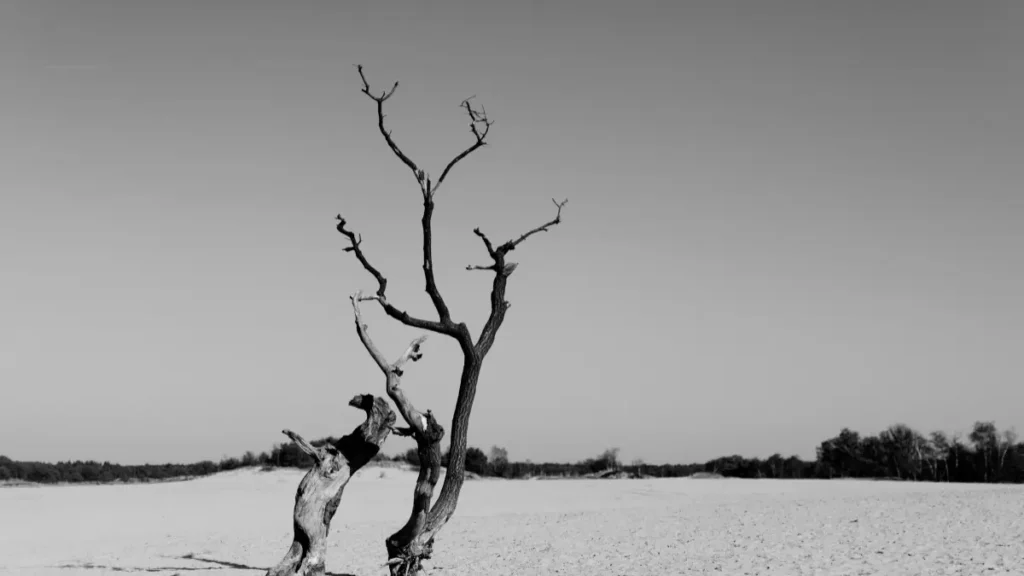From the rapidly eroding shorelines of Lekki and Badagry to the saltwater intrusion threatening farms in the Niger Delta, the climate crisis is no longer a future threat for Nigeria’s coastal communities—it is a present-day reality. As we stand in mid-2025, the stakes have never been higher. Rising sea levels, increased flooding, and devastating coastal erosion are not just environmental issues; they are existential threats to the livelihoods, homes, and cultures of millions of Nigerians.
The conversation must urgently shift from acknowledging the problem to funding the solutions. But where should the money go to have the most impact? For NGOs, development partners, and government agencies, understanding the most pressing Climate Change Adaptation Funding Priorities is the first step toward building a resilient future. This is not about generic projects; it’s about strategic, life-saving interventions.
The Unfolding Crisis: Why Coastal Nigeria is Ground Zero
Nigeria’s 853-kilometre coastline is a hub of immense economic activity and ecological diversity. It is also uniquely vulnerable. The combination of low-lying terrain, subsidence in the Niger Delta, and intense pressure from urbanization creates a perfect storm for climate impacts. Without targeted action, we face mass displacement, the collapse of local economies, and irreversible environmental damage.
Top 5 Climate Change Adaptation Funding Priorities for Coastal Communities
Based on current climate science and socio-economic realities, funding must be channeled into these five critical areas:
1. Investing in Nature-Based Solutions (NBS)
Instead of relying solely on expensive and often ineffective concrete seawalls, we must invest in restoring and protecting our natural defences. These projects offer dual benefits: they build resilience and sequester carbon.
- Priority Projects: Large-scale mangrove forest restoration in the Niger Delta, planting of resilient coastal vegetation to stabilize shorelines, and conservation of existing coastal wetlands to act as natural flood buffers.
2. Building Resilient Livelihoods
The livelihoods of millions depend on coastal ecosystems that are now under threat. Funding must support the transition to climate-resilient economic activities.
- Priority Projects: Introducing climate-smart agriculture techniques (e.g., salt-tolerant crop varieties), developing sustainable aquaculture to reduce pressure on wild fish stocks, and creating alternative income streams for fishing communities through eco-tourism and value-added processing of local products.
3. Strengthening Early Warning and Disaster Response Systems
When extreme weather events happen, early and effective warnings can mean the difference between life and death. These systems must be community-owned and accessible to be effective.
- Priority Projects: Developing and deploying community-managed early warning systems that use mobile technology (SMS, WhatsApp), building and equipping local emergency response teams, and constructing accessible storm shelters in high-risk areas.
4. Supporting Policy Advocacy and Community Land Rights
Local communities are on the front lines, yet they are often excluded from the decision-making processes that affect their lives. Empowering them to advocate for their rights is a critical adaptation strategy.
- Priority Projects: Funding for legal aid to help communities secure land tenure and resource rights, training for community leaders on climate policy engagement, and support for advocacy campaigns aimed at ensuring state and federal budgets include allocations for coastal adaptation.
5. Funding Applied Research and Localized Data
Effective adaptation must be based on evidence. We currently lack sufficient granular data on local sea-level rise, coastal erosion rates, and socio-economic vulnerabilities in Nigeria.
- Priority Projects: Establishing community-based monitoring hubs to collect localized climate data, funding partnerships between Nigerian universities and coastal communities for applied research, and creating publicly accessible databases to inform policy and project design. This aligns with the goals of major international bodies like the Green Climate Fund (GCF), which supports country-driven, evidence-based adaptation strategies.
Connecting Priorities to Partners
Identifying these Climate Change Adaptation Funding Priorities is the first step. The next is connecting with funders who share these priorities. The world of climate finance is complex, with hundreds of bilateral donors, foundations, and multilateral funds. At grantsdatabase.org, we help you navigate this landscape. Our platform allows you to filter for grants specifically focused on “climate resilience” and “environmental conservation,” connecting your vital work with the right funding partners. A strong, priority-aligned proposal, which you can learn to build in our resources section, is your key to unlocking these funds.
Conclusion: A Call for Urgent, Strategic Investment
The time for small, scattered projects is over. The challenge facing coastal Nigeria requires a coordinated, large-scale, and strategic infusion of funding directed at these core priorities. For NGOs, this means designing projects that are holistic and evidence-based. For funders and policymakers, it means creating funding mechanisms that are flexible, accessible to local actors, and committed to long-term resilience.
Investing in the adaptation of our coastal communities is not a cost; it is an investment in Nigeria’s economic stability, food security, and human security. We must act now, with purpose and precision, to protect our coast and the millions who call it home.
